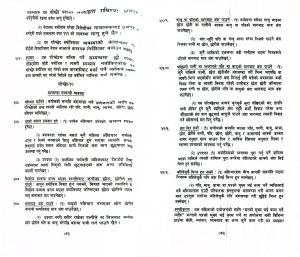The partition of property in Nepal refers to the legal process of dividing ancestral or jointly owned family property among the rightful heirs. Under Nepali law, particularly the National Civil Code 2017 (Muluki Civil Code), every family member who has a legal share in ancestral property has the right to claim partition. This process ensures that each heir receives their portion of property—whether it be land, houses, or other assets—based on their legal entitlement. Traditionally, the father or head of the family could initiate partition during his lifetime, but after his death, any eligible heir, including sons, daughters, and the widow, can demand their share according to the law.

The Civil Code has made significant reforms to ensure gender equality in property rights. Before 2017, daughters could only claim a share in ancestral property under specific conditions, such as remaining unmarried up to a certain age. However, the new code ensures that both sons and daughters have equal rights to parental property, marking a major step toward social justice and equality. Once partition is completed, each person becomes the absolute owner of their respective share and can use, sell, or transfer it independently. This system aims to prevent disputes over property ownership and promote fairness within the family structure.
If there is dispute in partition of the ancestral property, we, best property lawyer in Nepal can easily and shortly give solution in property dispute between father, mother, son and daughter by filing the case in district court, high court and supreme court of Nepal.